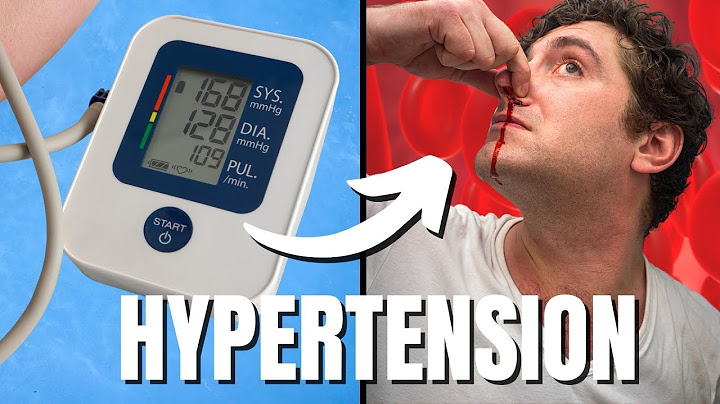Yes, but if it was recent you may need to wait for a bit. It depends what you got, where and when. Whether it’s your ear or anywhere else, the piercing should be done with clean, single-use equipment. If it wasn’t or you aren’t sure, you’ll need to wait at least four months before you can donate anything. So, how about
it? Book your donation in now. Most people can give blood if they are in good health. There are some basic requirements one need to fulfill in order to become a blood donor. Below are some basic eligibility guidelines: AgeYou are aged between 18 and 65.
WeightYou weigh at least 50 kg.
HealthYou must be in good health at the time you donate. You cannot donate if you have a cold, flu, sore throat, cold sore, stomach bug or any other infection. If you have recently had a tattoo or body piercing you cannot donate for 6 months from the date of the procedure. If the body piercing was performed by a registered health professional and any inflammation has settled completely, you can donate blood after 12 hours. If you have visited the dentist for a minor procedure you must wait 24 hours before donating; for major work wait a month. You must not donate blood If you do not meet the minimum haemoglobin level for blood donation:
TravelTravel to areas where mosquito-borne infections are endemic, e.g. malaria, dengue and Zika virus infections, may result in a temporary deferral. Many countries also implemented the policy to defer blood donors with a history of travel or residence for defined cumulative exposure periods in specified countries or areas, as a measure to reduce the risk of transmitting variant Creutzfeldt-Jakob Disease (vCJD) by blood transfusion. BehavioursYou must not give blood:
In the national blood donor selection guidelines, there are more behavior eligibility criteria. Criteria could be different in different countries. Pregnancy and breastfeedingFollowing pregnancy, the deferral period should last as many months as the duration of the pregnancy. It is not advisable to donate blood while breast-feeding. Following childbirth, the deferral period is at least 9 months (as for pregnancy) and until 3 months after your baby is significantly weaned (i.e. getting most of his/her nutrition from solids or bottle feeding). More information on eligibility to donateNational eligibility guidelines must be followed when people donate blood in the blood service in specific countries. To find out whether any health conditions, medications, professions or travel history to could affect your ability to give blood, please search for detailed information in the national/local blood services. Carolina didn’t let her tattoo stop her from making a selfless decision to become a blood donor.  Tattoos are more than skin deep. Some have undeniable significance. Some are spontaneous, but no less meaningful. But one misconception about tattoos ─ that people with tattoos are ineligible to donate blood ─ has prevented some from getting inked or giving back. It's a common myth that having tattoos makes you ineligible to donate blood. This was true in the past, but it isn't a barrier today. Fact is, even if you're inked, you have the power to build a healthier world and save lives. She Stands Out Carolina Holler, a 28-year-old from San Paulo, Brazil, is no stranger to tattoos. She was 18 when she donated blood for the first time and 20 when she got her first tattoo. That tattoo would be the first of many. Carolina's tattoos aren't a barrier that keep her from donating blood. She made the decision to give back, to show everyone you can have tattoos and be a regular blood donor. Having a fascination with the human body at a young age, her passion for healthcare, blood donation awareness and body art would become a defining characteristic of her adulthood. "I have 10 tattoos. And that hasn't stopped me from donating blood. You can plan your tattoos around blood donation," she said. RELATED ARTICLE Tattoo, not taboo Over the past few decades, tattoos have become less taboo. A Harris Poll found that nearly half of all millennials have tattoos. Among people who have tattoos, seven in 10 don't stop there, ending up with a tattwo and a tatthree. Now, more than half the nation includes people who are Millennials, Gen Z and younger. That means there’s a likelihood a young donor who steps up to fight against current blood shortages will have a tattoo. Or maybe even a few. Most people with tattoos can donate blood as long as they don’t have risk factors that prohibit or limit blood donation, and if they got a tattoo at a state regulated facility. In the U.S. you have to wait 3 months to donate if the tattoo was from a state that does not regulate tattoo facilities. RELATED ARTICLE Make Your Mark Every 2 seconds, someone in the U.S. needs blood, and your donations have the power to change lives, regardless of your tattoos. Don't let your ink stop you from donating blood. You don't have to compromise your individuality, style, sense of adventure or your love of body art to become a regular donor. Tattoos are a permanent statement of who you are, what (or who) you love and what’s important to you. So is becoming a donor. You can leave your mark on the world by donating ─ a permanent sign of your selflessness and the difference you've made in changing lives. Carolina inspires those around her to donate, especially loved ones her age. She's a reminder that it’s on us (ahem, millennials and Gen Z) to step up and give back. "Even if you're not able to donate, you can go with a friend who's donating and be a support system for them. Make it social," she said. Generosity is more than skin deep. Just like your tattoos. Learn more about blood donation FAQs and find a blood donation center near you.   1Likes  |

Related Posts
Advertising
LATEST NEWS
Advertising
Populer
Advertising
About

Copyright © 2024 membukakan Inc.


















